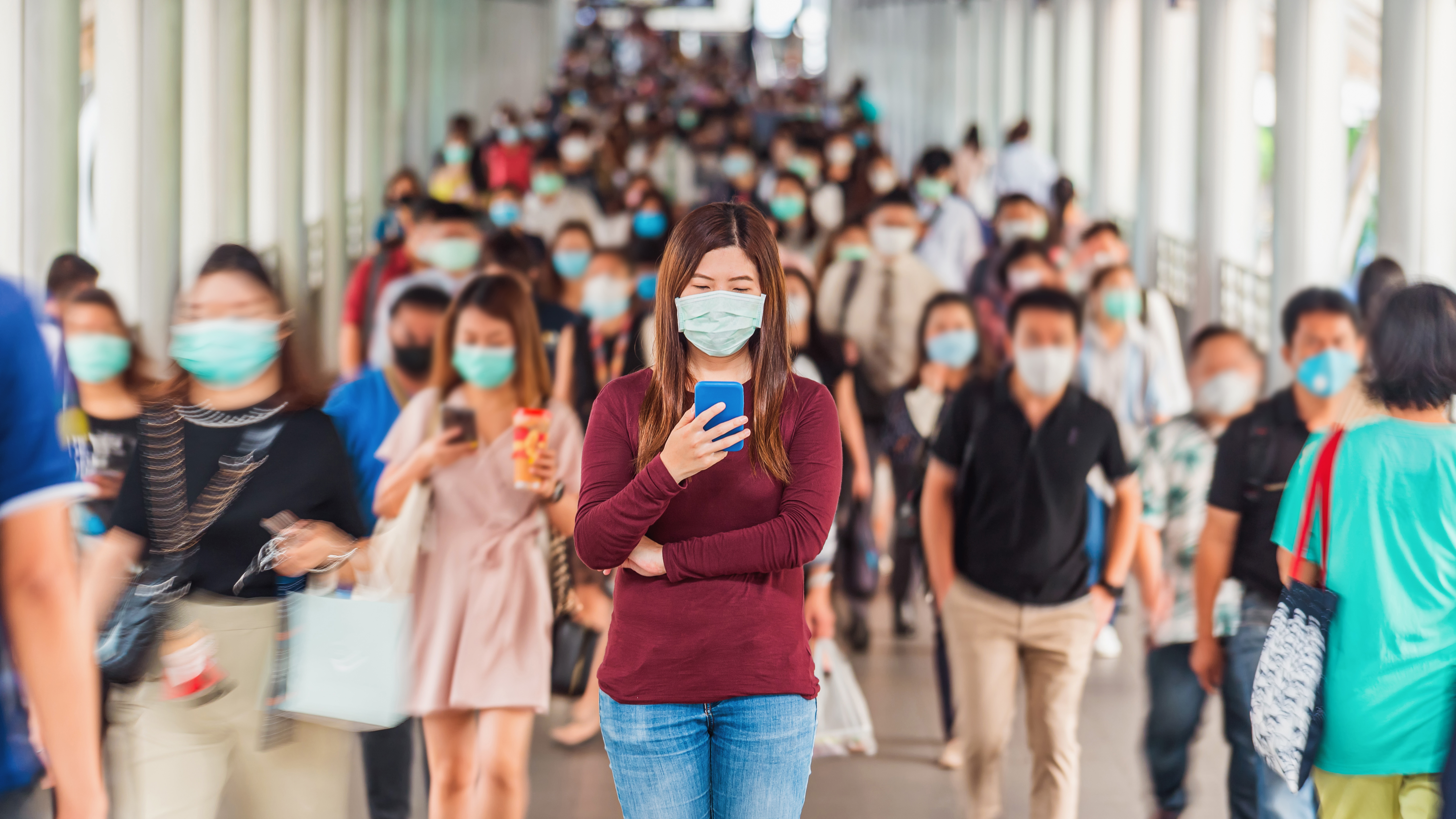India prepares Covid-19 patient tracking - takes a cue from Hong Kong
The answer lies in wristbands

Government agencies in India are getting ready to tackle a post-lockdown scenario of easing the country back to normalcy and is in the process of seeking means to ensure that any rapid transmission of the Covid-19 virus among its citizens are kept in check.
One such endeavor involves manufacturing thousands of wristbands that could potentially monitor the vitals of quarantined patients, tracking their whereabouts through contact tracing.
Covid-19 numbers
Over the past week, India has witnessed a steady increase in the number of Covid-19 positive cases though the country-wide lockdown that included a ban on all domestic and international flights resulted in the pandemic spreading at a much slower rate than some of the more developed countries.
There have been more than 650 deaths in the country since late February which is why the administration led by Prime Minister Narendra Modi is already planning for life when the lockdown is relaxed and eventually lifted. Experts fear that transmission rates could peak for a few weeks that could stretch the already stretched healthcare service.
The cue from Hong Kong
The idea for this innovation appears to have come from Hong Kong where the semi-autonomous Chinese territory sequestered patients to mark and track the virus. Everyone arriving from overseas is required to wear the bands and remain in isolation for two weeks.
Of course, global opinion was polarized on this step with some even suggesting that it infringed on personal liberties while others claimed that in a battle for good health the bigger war between liberty and supervision needs to lie low.
Who makes these wristbands?
So, where exactly is the government going to procure these wristbands? State-owned Broadcast Engineering Consultants of India (BECI) would be piloting the exercise, collaborating with Indian start-ups across the country to get these made.
Sign up for breaking news, reviews, opinion, top tech deals, and more.
George Kuruvilla, the company's chairman, said the wristbands could also be integrated with data captured in the government’s contact-tracing app Aarogya Setu, to help determine their infection risk. The app has since been downloaded over 50 million times when it was launched on April 2 by Modi. A big challenge with the app though is that its impact is directly proportional to the number of people who undergo Covid-19 tests.
The wristbands will be rolled out in May and will be used to monitor the movements of quarantined patients, both at home and at hospitals, and monitor any spikes in their body temperature. An alert will be immediately sent to public health officials if patients venture out of their quarantine zone. The wristband will also have a panic button to help wearers to seek timely help during emergencies.
Dr Anant Bhan, a public health and bioethics expert, said it is also "important to factor in privacy protections and data protections" for both apps and wristbands.
The device will gather all data pertaining to the places visited by an infected person, the routes taken and determine whether they had travelled to any foreign country recently. It will identify those who were in their vicinity of the patient and also tell people if a sick person is nearby.
A geofence, or a virtual perimeter can be created using data from around areas being monitored, such as common meeting places, public transit or places for religious gatherings and so on.

Nitesh is a writer at Techradar india. He has spent 12 Years as Journalist, Content Writer, Editor with Newspapers and Magazine, English language, Email. Nitesh went to Nagpur University.